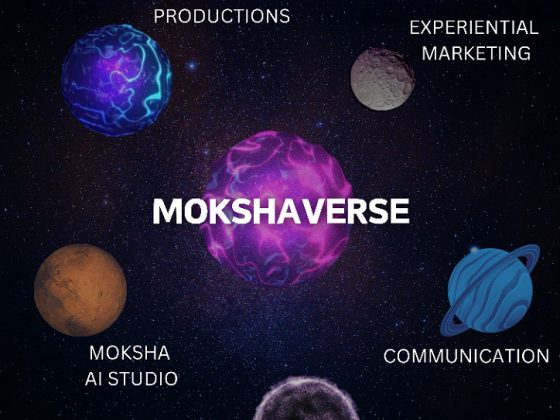“Driving Sustainability with AI: Meeting the Eco-Conscious Consumer”
Consumer demand for sustainable products is on the rise, and AI can help FMCG brands meet this shift. AI can guide brands toward more eco-conscious decisions by analysing environmental impact data alongside consumer preferences. A Nielsen survey revealed that 73% of consumers are willing to change their consumption habits to reduce environmental impact, making sustainable practices a key differentiator. FMCG companies can leverage AI insights to align products with these values, building trust and loyalty among eco-conscious customers.
“Navigating AI’s Challenges: Privacy, Legacy Systems, and Skill Gaps”
While the benefits of AI are clear, its adoption does present unique challenges. Data privacy is critical in AI-driven marketing, as brands heavily rely on consumer data. FMCG companies must establish robust data governance practices and comply with regulations like the General Data Protection Regulation (GDPR) to build consumer trust. Furthermore, many FMCG companies still operate on legacy systems that can hinder the integration of new AI technologies. Addressing skill gaps in the workforce is also essential for effectively implementing and managing AI solutions in accordance with evolving market needs.











